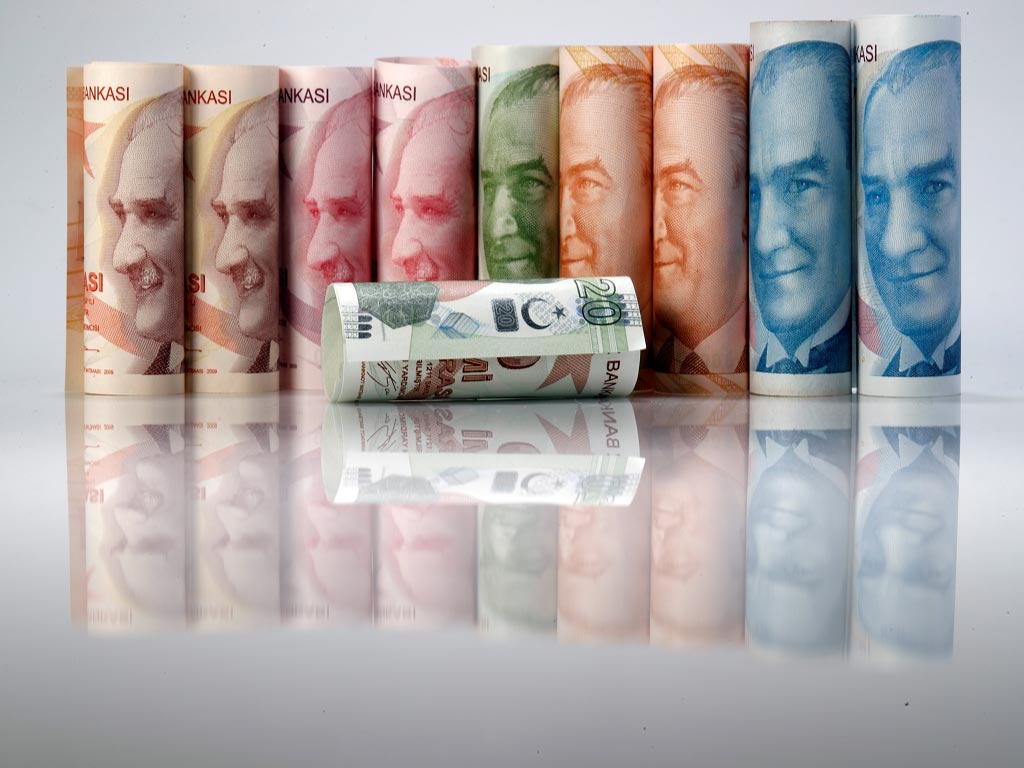
The Turkish lira stood at 6.1675 against the dollar at 0532 GMT, down from a close of 6.0829 on Monday, which also marked a selloff. Earlier, it declined as far as 6.20, its weakest since Oct. 5.
Bonds and stocks also sold off, with the main BIST100 share index down 1.9 percent at 0725 GMT to its lowest in a month. A Turkish bank stock index fell 2.65 percent after having earlier touched its lowest level since January.
Challenges by President Tayyip Erdogan's AK Party to the March 31 election result in Istanbul, which showed a narrow victory for the opposition CHP party, have hit the lira in recent weeks. Istanbul, Turkey's main commercial hub, accounts for one third of the country's economic activity.
The High Election Board (YSK) ruled on Monday to hold new elections on June 23. The AK Party representative on the board, Recep Ozel, said the decision was based on unsigned results documents from the March 31 election and on some ballot box officials not being civil servants.
"Repeat Istanbul elections are extremely bad news for the economy," said Tim Ash, senior emerging markets strategist at BlueBay Asset Management. "Likely more unorthodox policies and with it continued trend to dollarisation."
The central bank ramped up its use of swaps in March to fend off a volatile pre-election selloff in the lira, sparking concerns among investors that it was using the transactions to build up its forex reserves.
Such "back door" moves have rattled investors looking for more orthodox policies in the face of Turkey's recession. On Tuesday, the central bank started transactions in its new gold swap market to help its sagging reserves.
On Tuesday, Turkey's dollar-denominated government bonds logged their biggest selloff in months, with longer-term debt leading the fall.
The lira has lost some 14 percent of its value this year.
Adding to concerns over election uncertainty and the central bank, the United States has threatened to impose sanctions on NATO ally Turkey over its planned purchase of Russian S-400 missile defense systems.
The decline in the lira, which lost nearly 30 percent last year, has also sapped confidence among locals, prompting their forex holdings to surge in the six months to April.